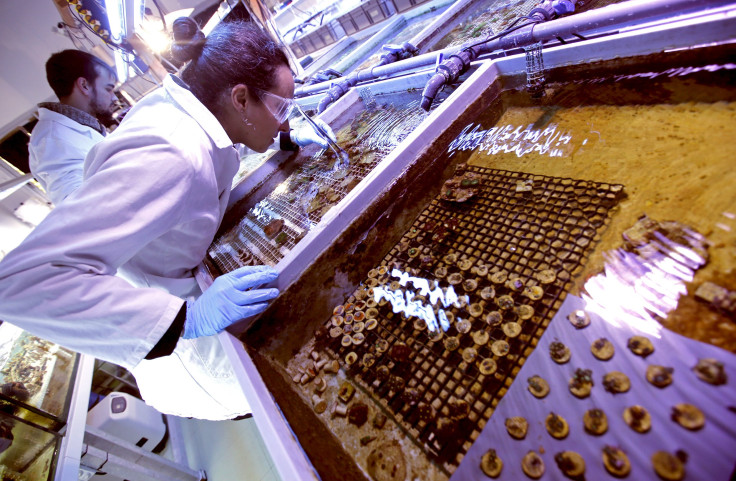Cancer cure: Groundbreaking discovery to target cancer weak point, scientist bets his career on improving survival rates

A British scientific discovery has paved way for revolutionary bespoke treatments for advanced cancer patients that may enter trials in two years. Prof. Charles Swanton, from University College London’s Cancer Institute, a leading member of the Cancer Research UK-funded team, is so upbeat about the discovery that he has bet his career on improving survival rates.
“I will be disappointed if we haven’t treated a patient within two years. Do we think it’s going to work? I hope this is going to result in improvements in survival outcomes. If this doesn’t work I’ll probably hang my hat up and do something else,” he said.
According to the scientists of the experiment, they have found the Achilles heel of complex cancers and may use tailored treatments that would allow a patient’s own body to wipe out the fatal disease.
Cancer Research UK has described how immune cells can be marshalled to take advantage of the cancer’s weakness. The immune cells will form a fierce cancer-fighting force that will have the potential to target every cancer cell in the body. Scientists believe that the research may even result in “a revolutionary way to treat or even cure cancer.”
“It gets us closer to knowing why some patients respond to immunotherapy treatment and others don't, and how we might select which patients will benefit the most,” said Cancer Research UK's chief clinician, Prof. Peter Johnson.
Scientists are increasingly researching on the idea that future of cancer treatments lies in personal medicine that will be tailored to individuals or small group of patients. Health experts are hailing this discovery as a “groundbreaking discovery” in understanding the genetic complexity of tumours and how the human body can lead the fight back, writes Mirror.
Rare “flag” proteins have been spotted by researchers that act as immune system targets. They are displayed on a patient’s tumour cell surface, no matter where they are inside the body. If the proteins can be isolated, T-cells (potent immune system cells) can be used to zero-in and destroy cancer cells.
According to Dr. Sergio Quezada, co-author of the study, when a person suffers from advanced cancer, his/her immune system that acts as police finds it difficult to stay on top of the cancer. This research suggests that instead of targeting the cancer cells aimlessly, the immune system can be provided information that will allow immune cells to get to the root of the problem and wipe it out for good.





















